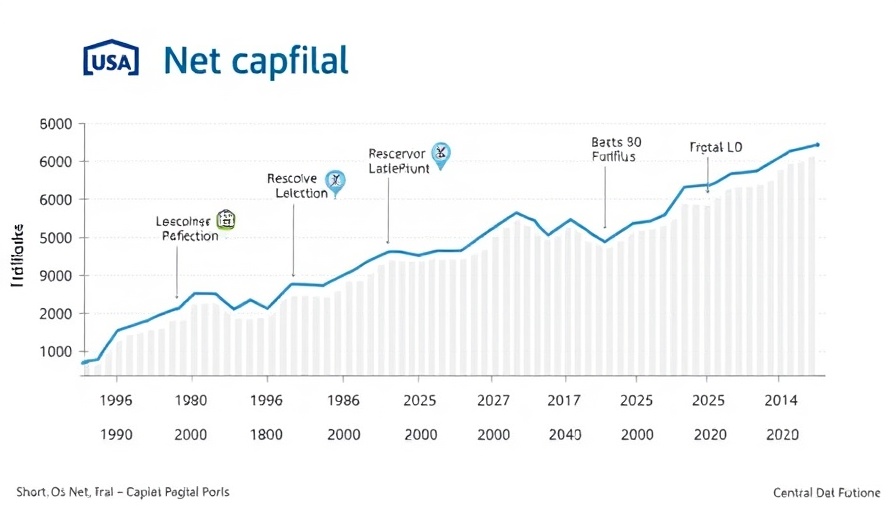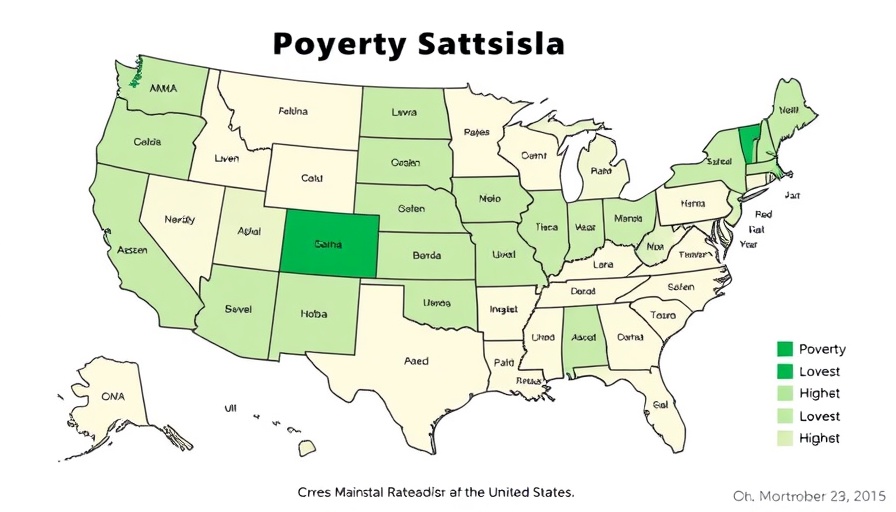
Nike Faces Class Action Lawsuit Over RTFKT NFT Platform Closure
Nike, a name synonymous with athletic innovation, is now at the center of a contentious lawsuit over the abrupt shuttering of its RTFKT NFT platform, with claims it executed a "rug pull." Filed in a Brooklyn federal court, this suit is spearheaded by Jadeep Cheema, who has rallied other disgruntled customers looking for justice after Nike ceased support for its digital collectible marketplace.
What Happened to RTFKT: A Brief Overview
Nike acquired the cutting-edge sneaker NFT studio, RTFKT, in late 2021 and quickly capitalized on the NFT craze to offer unique digital sneakers, some even tied to real, limited-edition physical products. Early on, these tokens were highly sought after, with demand peaking significantly during exclusive “forging” events where the NFTs could be redeemed for actual shoes. As a result, the value of these digital assets skyrocketed.
Understanding the Allegations: Accusations of a 'Rug Pull'
Cheema's class action suit alleges that Nike's withdrawal of support undermined the value of the RTFKT tokens, leaving investors feeling abandoned and, essentially, holding “obsolete crypto assets.” This legal action raises an important question: Does the closure of a platform equate to deceiving investors? According to Cheema, many would not have purchased the NFTs if they were aware that Nike could pull away their support, thus classifying these digital assets as unregistered securities under the Howey Test.
The Legal Landscape and NFTs: A Grey Area
This case is not occurring in a vacuum; it coincides with a broader push in the legal community to define the status of NFTs. While some proponents argue they should be classified as securities, others maintain that they represent digital art without an inherent value framework. Cheema argues that traditional concepts of holding value in artwork do not apply here since the NFT's continued worth directly depended on Nike's involvement.
Implications for Customers and the Industry
As the world watches this situation unfold, the outcome could have far-reaching implications not just for Nike and its loyal customers but for the entire NFT ecosystem. If the court sides with Cheema, it could set a precedent that compels more accountability from companies within the NFT space, potentially transforming how brands engage with digital products and their consumer base.
Taking Action: What This Means for Investors
For those holding on to Nike's RTFKT tokens, this lawsuit serves as a wake-up call. It highlights the necessity for due diligence when investing in digital assets, especially in industries marked by rapid change and uncertainty. Understanding your rights as a consumer and the landscape of digital collectibles is more vital now than ever.
Nike has yet to respond to the lawsuit formally, adding another layer of intrigue to this ongoing situation. As passionate sneaker enthusiasts or savvy investors, keeping up-to-date with these developments could help you navigate through an evolving marketplace.
With changes constantly emerging in the NFT space and companies facing scrutiny, now may be the time to examine your digital asset collections. Consider how your investments align with changing legal standards and market stability as legal decisions start to redefine the landscape.
 Add Row
Add Row  Add
Add 




Write A Comment